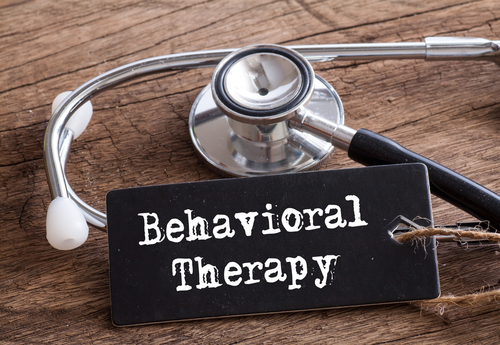When cognitive behavioral therapy was introduced in the 1980’s it was met with great success. Initially focused on supporting people with anxiety and depression, all forms of mental health was finding support from cognitive behavioral therapy techniques. Today, cognitive behavioral therapy is an evidence-based practice, considered a leading method for treating mental health.
Despite the effectiveness of cognitive behavioral therapy, not all areas of mood, personality, and some psychiatric disorders were helped by cognitive behavioral therapy, namely, borderline personality disorder. Borderline personality disorder is one of the most difficult personality disorders for professionals to treat because of a constant change in mood, perception, and personality. One of the main characteristics of borderline is extreme emotion, feeling in more intense and unmanageable ways than many other mental health disorders present. For people with borderline, cognitive behavioral therapy was not enough to assess and regulate their intense emotions. Marsha Linehan developed dialectical behavioral therapy as a response, pulling in many of the techniques and methods of cognitive behavioral therapy, while supplying new techniques and tools.
Dialectical behavioral therapy can be applied to many different mental health disorders including:
- Depression
- Anxiety
- Eating disorders
- Addiction
- Post-Traumatic Stress Disorder
- Codependency
Universal tools and practices are used in dialectical behavioral therapy that everyone can make use of in their daily lives. Mindfulness, radical acceptance, and pleasant activities are just some of them. Dialectical behavioral therapy also runs on two primary rules. First, it is important to understand that everyone is doing the best they can. At any given time of any given a day, each person on earth is exactly where they are supposed to be, as they are supposed to be, doing what they are supposed to be, with what they have the ability for, at that moment. If we were able to or meant to do any better than we do at any time- we would. Most often, we don’t. Dialectical behavioral therapy helps us cultivate compassion in recognizing its the case for everyone, everywhere, all the time. Second, it has to be realized that everyone wants to get better. People don’t actually enjoy being sick, miserable, or living with dysfunction. Though people may protest change in their lives, they really want to find a way to heal, break free of pain, and change.
Everyone is on a journey in life. At LEAD Recovery Center we offer transitional care programs to continue your journey of treatment on your way to autonomy in recovery. Call us today for more information by calling 800-380-0012.


